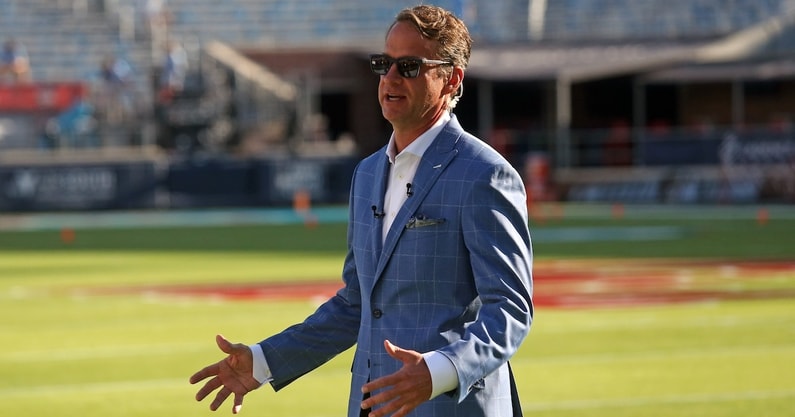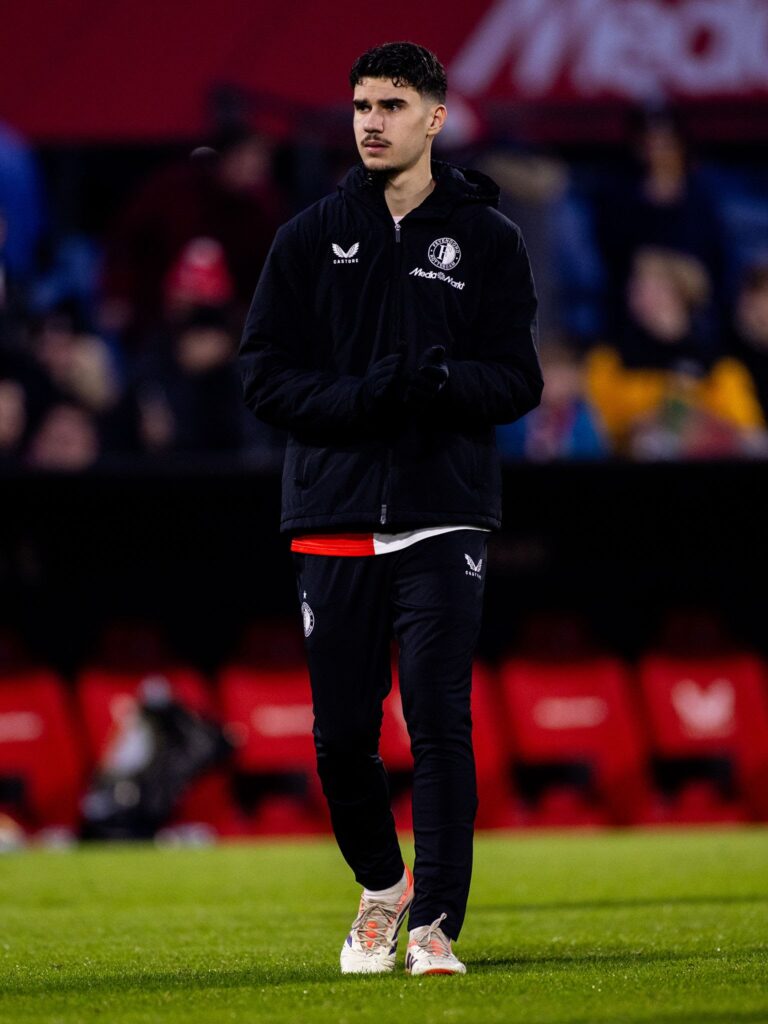
Ole Miss head coach Lane Kiffin has voiced strong criticism toward the College Football Playoff (CFP) selection committee, accusing it of failing to properly account for the difficulty of the Southeastern Conference (SEC) schedule when evaluating teams for playoff inclusion. His comments add to a growing chorus of concern from within the SEC and other power conferences regarding the perceived inconsistencies in how teams are ranked and selected for college football’s premier postseason event.
Kiffin, known for his candidness and often outspoken nature, emphasized that SEC teams face a uniquely grueling regular-season slate that should weigh more heavily in playoff considerations. He pointed out that the SEC’s depth, physicality, and level of competition set it apart from other conferences, making it unfair to judge SEC teams by the same standards used for teams playing less demanding schedules.
“Week in and week out, we play against elite talent and future NFL players,” Kiffin said. “It’s not just one or two tough games. It’s every Saturday. That has to matter more when you’re trying to compare resumes at the end of the season.”
The coach’s remarks come amid ongoing debate about how the CFP committee evaluates strength of schedule, particularly as parity grows across college football. Critics of the current system argue that teams from the SEC are sometimes penalized for late-season losses that come against top-tier opponents, while teams in other conferences may remain undefeated or suffer fewer losses against weaker competition and be rewarded with higher rankings.
Kiffin also referenced specific instances where SEC teams were left out of the top four despite playing high-quality opponents throughout the year, suggesting that the committee gives too much weight to record and not enough to the context in which wins and losses occur. According to Kiffin, an 11–2 SEC team may be more battle-tested and deserving than a 12–1 or even undefeated team from a less competitive conference.
His comments also touch on a larger issue as college football prepares for an expanded playoff format. Beginning in the 2026 season, the CFP will feature 12 teams instead of four. While the expansion is expected to allow more teams from major conferences like the SEC to qualify, Kiffin argues that the evaluation criteria still need to be refined to ensure fairness across the board.
“I’m glad the playoff is expanding, but if the mindset doesn’t change—if they keep looking at just wins and losses without context—we’ll keep having these same problems,” Kiffin warned.
Reaction to Kiffin’s remarks has been mixed. Supporters agree that SEC teams face a level of competition that is often underappreciated, while critics argue that the SEC already receives favorable treatment in the rankings and national media. Nonetheless, Kiffin’s comments have reignited an important conversation about how the playoff system should balance metrics such as strength of schedule, head-to-head results, conference championships, and overall records.
As the regular season nears, Kiffin’s comments may put additional pressure on the committee to re-evaluate its approach. With SEC teams often finishing with one or two losses due to internal competition, the debate over fairness and playoff inclusion is likely to intensify. Whether or not the committee listens, Lane Kiffin has made it clear: in his view, surviving the SEC gauntlet should be seen as a playoff-worthy accomplishment in itself.






